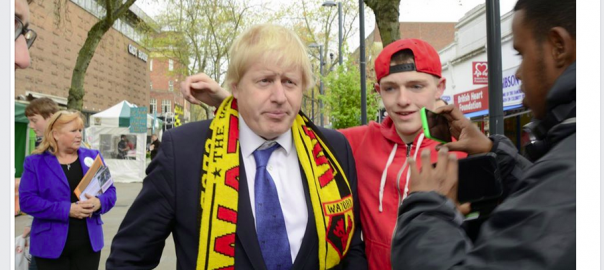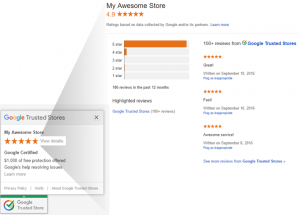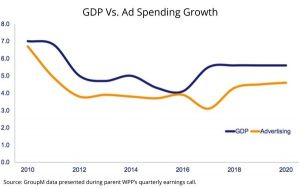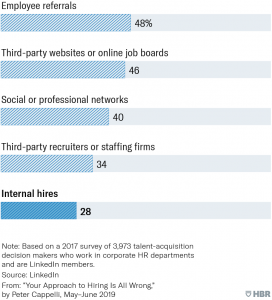There is no denying that email is now used everywhere. Emails from your distant friends abroad, promotions from your favourite stores, your monthly bank statements to your fridge sending you an email telling you to buy milk on on your way home.

So it will come as no surprise that email marketing has become a powerful tool for politicians in the democratic landscape. “Meet me for dinner”, “Are you in?” and “Hey” were some of the email subject lines that made headlines when Obama’s team started send emails to millions of US voters in 2012 and it was here, that I realised how email marketing is shaping modern politics.
One of the most praised email campaigns of its kind was during Obama’s 2012 election campaign where they raised up to $ 690 Million in donations.
The secret sauce behind the success of this campaign falls within email marketing best practices. Now that the campaign is over, the campaign’s Email Director, Toby Fallsgraff and Director of Digital Analytics, Amelia Showalter have revealed some of their secrets.
Subject Lines: “The subject lines that worked best were things you might see in your in-box from other people” said Toby to Bloomberg.
A/B Testing: “We did extensive A-B testing not just on the subject lines and the amount of money we would ask people for,” says Amelia. They would test up to 18 variations to optimise and identify the best performing email layouts, wording, subject line and many more attributes
Optimizing Frequency: “At the end, we had 18 or 20 writers going at this stuff for as many hours a day as they could stay awake,” says Fallsgraff. “The data didn’t show any negative consequences to sending more.”
As we discussed in a recent post, data shows that there is no magic formula for the right amount of emails sent per month. It all comes down to your demographic.
The practices mentioned above seems to be working in the UK as well; even at a local level.
As today’s the voting day (May 7th) for 2015 elections, we have come to understand that some local MPs in UK have ramped up their emails up to 10 email campaigns per month, to around 12,000 constituents. A constituent is a potential voter and each constituency is made of an average 70,000 constituents.


By integrating direct mail, social media (organic and sponsored posts based on the their email contact list) and email marketing, they’re targeting all potential voters in the region and we’ll find out on the 7th of May how successful they were.
As touched on earlier, direct mail is a big part of political campaigns in the UK. In some constituencies we have seen some very clever email marketing techniques we’ve talked about before used in direct mail.
For example by segmenting constituents based on their political views (based on polls and surveys), the candidates and their teams send personalized letters with handwritten envelopes to constituents, to increase the chances of them being opened. This means that potentially a household of 4 or 5 people, can each receive a tailored message based on their views.

Here is a list of subject lines for email sent from Richard Harrington’s office, MP of Watford just north of London. Can you see the resembles between these emails that are sent to possibly 12,000 people and Obama’s campaign that’s potentially sent to 12 million?

Above we can see the Liberal Democrats emailing, one day before the election on national issues aimed at London residents. Again notice the subject line? Using ‘Tomorrow’ as the subject, we feel a sense of urgency to open this as there is a time limit. In the email we find a series of soft call-to-actions directing me to more information on their key policies and the big yellow button at the bottom as the main call to action to donate money to the party; which is a known fact, they desperately need.
By using down to earth, relatable subject lines and simple A/B testing, we have come to understand that they achieve an average 28% Open rate. This is an astonishing achievement, considering they don’t have a dedicated emailing or even a dedicated marketing team. Each local MP has around 4 staff where each do 3 people’s jobs from research, door to door campaigning to sending their emails and organising events.
Have you come across interesting emails sent by your politicians? Send it to us and we’ll feature it in this post.
(211)








